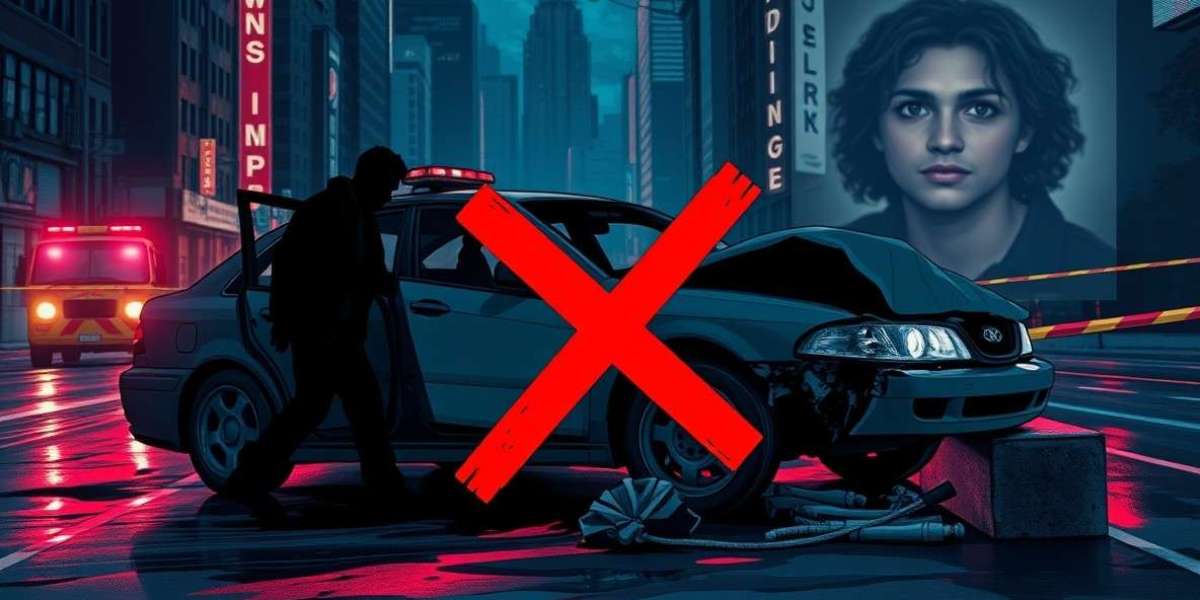Drink and drug driving remains a significant issue in the UK, with serious legal, financial, and personal consequences for those caught behind the wheel under the influence. Understanding the laws, penalties, and ways to stay compliant is essential for all drivers. This guide explores everything you need to know about drink and drug driving laws in the UK and provides advice on avoiding drunk driving and drug-related offences.
The Legal Limits for Alcohol and Drugs
The UK has strict limits for alcohol and drug consumption for drivers. The legal alcohol limit for driving is:
- England, Wales, and Northern Ireland:
- 35 micrograms of alcohol per 100 millilitres of breath,
- 80 milligrams of alcohol per 100 millilitres of blood, or
- 107 milligrams of alcohol per 100 millilitres of urine.
- Scotland:
- 22 micrograms of alcohol per 100 millilitres of breath,
- 50 milligrams of alcohol per 100 millilitres of blood, or
- 67 milligrams of alcohol per 100 millilitres of urine.
Drug driving limits depend on the type of drug. For illegal substances like cocaine or cannabis, the limits are extremely low. For prescribed medications, driving is legal if you have followed your doctor’s advice and your driving ability is not impaired.
Knowing your limits is crucial for avoiding drunk driving and staying within the law.
Penalties for Drink and Drug Driving
The consequences for drink and drug driving are severe and vary depending on the offence:
- Drink Driving Penalties
- First Offence:Up to 6 months in prison, a driving ban of at least 12 months, and an unlimited fine.
- Repeat Offences:A driving ban of at least 3 years.
- Drug Driving Penalties
- First Offence:Up to 6 months in prison, a driving ban of at least 12 months, and an unlimited fine.
For causing death by careless driving under the influence, the penalties include up to 14 years in prison, an unlimited fine, and a driving ban for a minimum of 2 years.
The harsh penalties underscore the importance of avoiding drunk driving and drug use before getting behind the wheel.
The Consequences Beyond Legal Penalties
In addition to fines, prison time, and driving bans, drink and drug driving can lead to:
- Higher Insurance Premiums:Insurers may classify you as high-risk, leading to expensive premiums.
- Loss of Employment:If your job involves driving or requires a clean driving record, a conviction could lead to dismissal.
- Social Stigma:A conviction can affect your relationships, reputation, and overall well-being.
By prioritizing safe practices and avoiding drunk driving, you can protect your future and avoid these life-altering consequences.
How to Stay Safe and Legal
Here are some practical tips for avoiding drunk driving and drug-related offences:
- Plan Ahead:
- If you’re attending an event where you may drink, arrange for a designated driver, use public transport, or book a taxi.
- Use Breathalyzers:
- Personal breathalyzers can help you determine if you’re within the legal alcohol limit.
- Avoid Driving After Using Drugs:
- Even prescribed medications can impair your ability to drive. Always consult your doctor and check for warnings on your medication.
- Stay Informed:
- Be aware of how long alcohol and drugs stay in your system. For instance, a heavy drinking session could leave you over the limit the morning after.
- Take Regular Breaks:
- Fatigue can amplify the effects of alcohol and drugs. Ensure you’re well-rested before driving.
Being proactive in these ways ensures you're committed to avoiding drunk driving and maintaining your safety.
Defences Against Drink and Drug Driving Charges
If you are accused of drink or drug driving, certain defences may apply:
- Procedural Errors:
- If the police did not follow proper procedures during your arrest or testing, the evidence against you may be inadmissible.
- Medical Conditions:
- Certain medical conditions can produce false positives in breath, blood, or urine tests.
- Unintentional Consumption:
- If you unknowingly consumed alcohol or drugs, this could be a valid defence in some cases.
A legal expert specializing in traffic offences, such as the team at Motoring Defence, can help you identify the best defence strategy for your case. Their knowledge and experience are invaluable when fighting drink or drug driving charges.
The Role of Motoring Defence
we specialize in providing legal assistance to individuals accused of drink and drug driving offences. Our expertise includes:
- Challenging the evidence presented by the prosecution.
- Identifying procedural errors by the police.
- Representing clients in court to achieve the best possible outcome.
We understand the complexities of traffic laws and are committed to helping you navigate the legal system with confidence. If you’re serious about avoiding drunk driving penalties and protecting your driving licence, we’re here to support you every step of the way.
Final Thoughts
Drink and drug driving in the UK carries severe legal and personal consequences. Understanding the rules, knowing your limits, and adopting safe practices are essential for all drivers. If you find yourself facing charges, the right legal support can make a significant difference in your case.
Motoring Defence is here to provide expert advice and representation. Let us help you protect your licence, your reputation, and your future. Contact us today for more information on avoiding drunk driving and safeguarding your rights.






